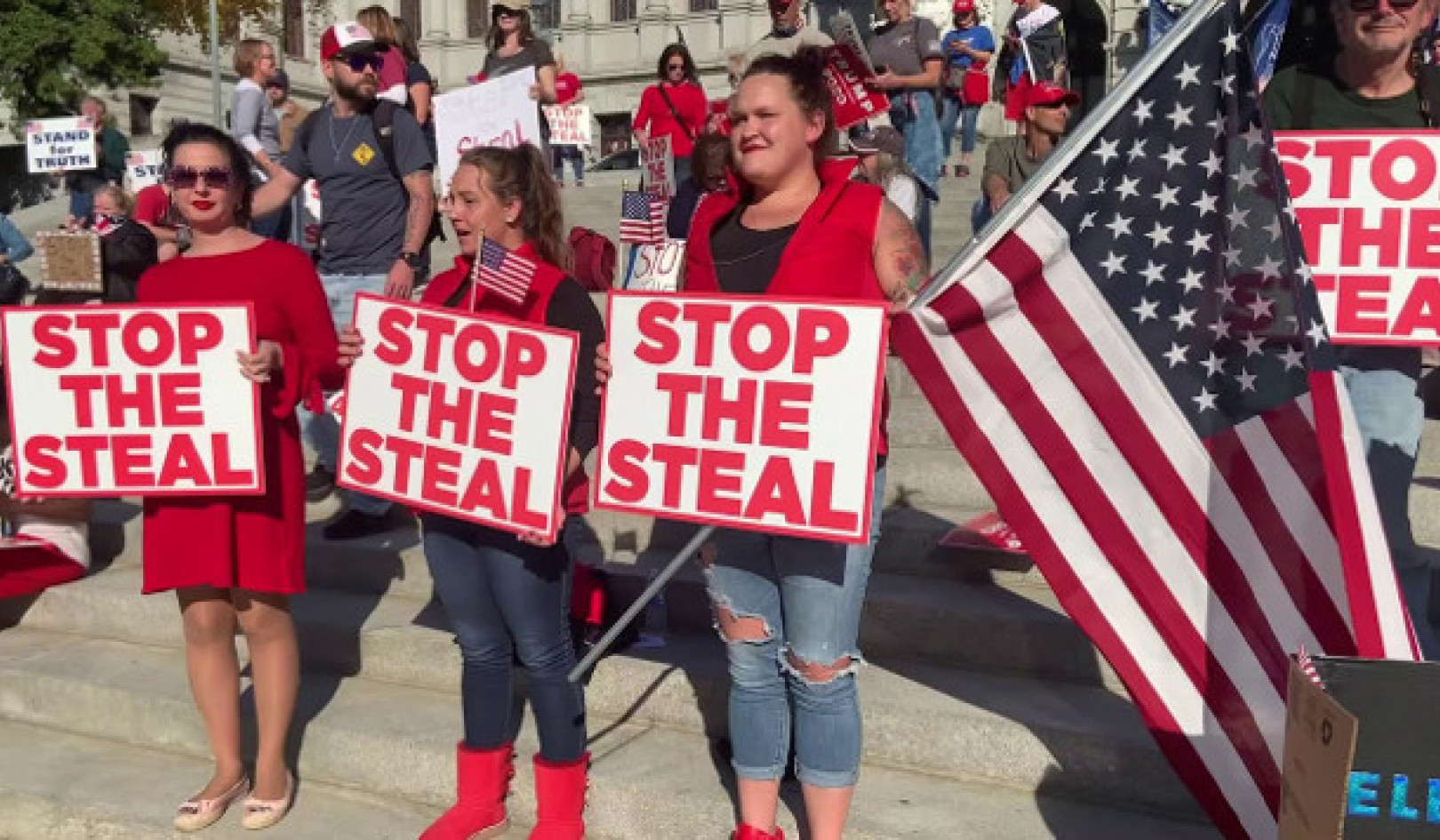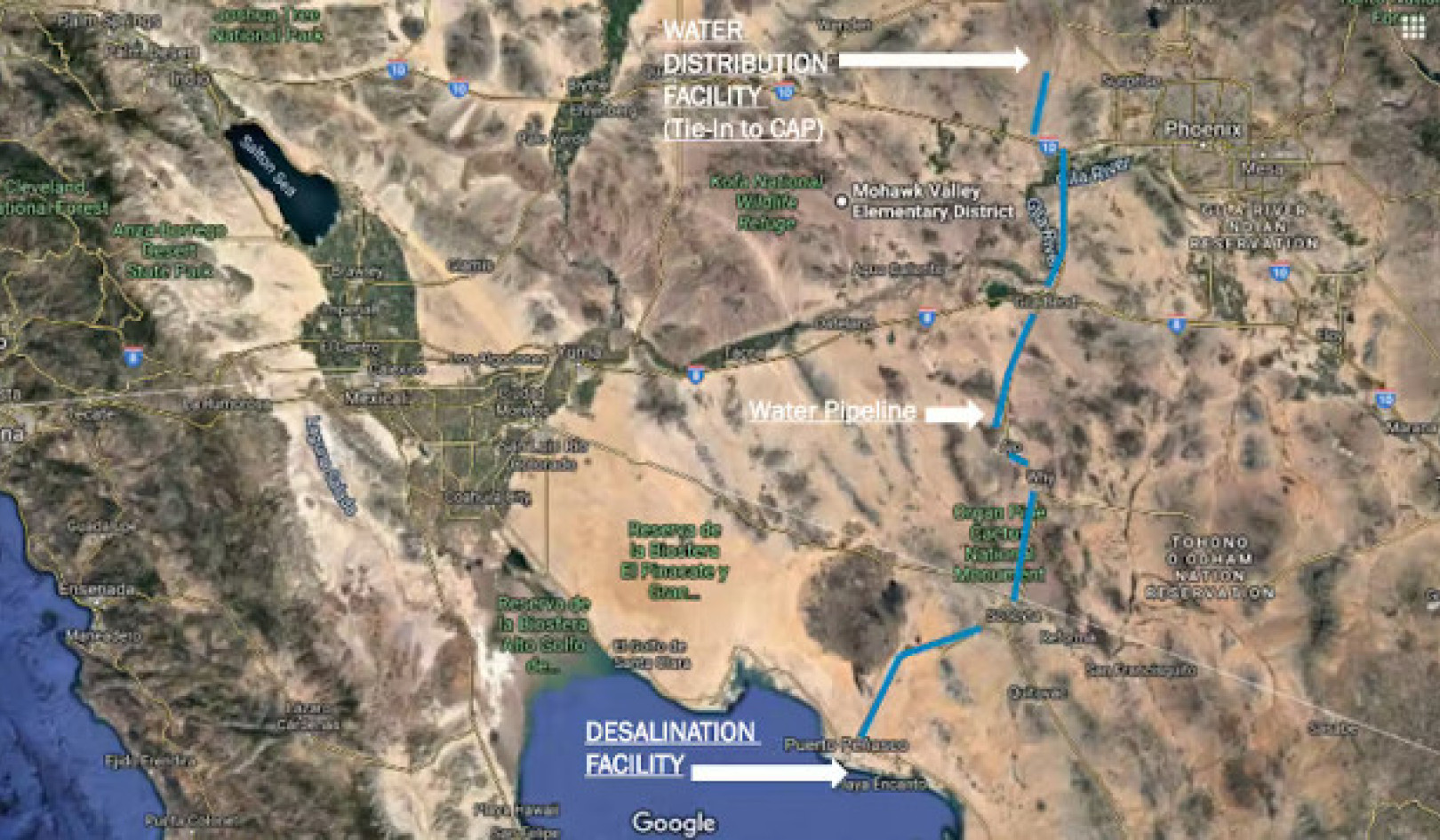
We know it would be too much to expect that New York Times reporters might have some knowledge of policies that the United States had in place twenty or even ten years ago. After all, that would require some memory or some knowledge of history.
Anyhow, for those of us who do have some memory, it was rather striking to see the first paragraph of an article reporting on the expected Senate approval of measures that are explicitly protectionist:
Building Up Manufacturing
“Faced with an urgent competitive threat from China, the Senate is poised to pass the most expansive industrial policy legislation in U.S. history, blowing past partisan divisions over government support for private industry to embrace a nearly quarter-trillion-dollar investment in building up America’s manufacturing and technological edge.”
So now the United States faces an “urgent” competitive threat from China. Note this this is a news story, not an opinion column.
This framing contrasts sharply with what we saw in the first decade of the century, when the United States was losing millions of manufacturing jobs to China. This led to the destruction of towns and cities across the Midwest, which were overwhelmingly dependent on these manufacturing jobs. Back then, this was simply a story of free trade benefiting the economy, not a problem of an urgent competitive threat.
But now, when the jobs being subjected to competition are those of are most highly educated workers, software designers, biotech engineers and others with advanced degrees, free trade is no longer good. And, instead of U.S. companies like GE and Walmart benefiting from cheap Chinese labor, our leading tech companies are worried about going head-to-head with more efficient Chinese competitors.
We can all see why there would be urgency now. Oh well, this should help sustain the market for hand-wringing books and articles about inequality.
Getting Back to Full Employment: A Better Bargain for Working People Click here for more info and/or to order this book on Amazon. The End of Loser Liberalism: Making Markets Progressive Click here for more info and/or to order this book on Amazon. *These books are also available in digital format for "free" on Dean Baker's website, Beat the Press. Yea!About the Author
 Dean Baker is co-director of the Center for Economic and Policy Research in Washington, DC. He is frequently cited in economics reporting in major media outlets, including the New York Times, Washington Post, CNN, CNBC, and National Public Radio. He writes a weekly column for the Guardian Unlimited (UK), the Huffington Post, TruthOut, and his blog, Beat the Press, features commentary on economic reporting. His analyses have appeared in many major publications, including the Atlantic Monthly, the Washington Post, the London Financial Times, and the New York Daily News. He received his Ph.D in economics from the University of Michigan.
Dean Baker is co-director of the Center for Economic and Policy Research in Washington, DC. He is frequently cited in economics reporting in major media outlets, including the New York Times, Washington Post, CNN, CNBC, and National Public Radio. He writes a weekly column for the Guardian Unlimited (UK), the Huffington Post, TruthOut, and his blog, Beat the Press, features commentary on economic reporting. His analyses have appeared in many major publications, including the Atlantic Monthly, the Washington Post, the London Financial Times, and the New York Daily News. He received his Ph.D in economics from the University of Michigan.
Recommended Books
by Jared Bernstein and Dean Baker. This book is a follow-up to a book written a decade ago by the authors, The Benefits of Full Employment (Economic Policy Institute, 2003). It builds on the evidence presented in that book, showing that real wage growth for workers in the bottom half of the income scale is highly dependent on the overall rate of unemployment. In the late 1990s, when the United States saw its first sustained period of low unemployment in more than a quarter century, workers at the middle and bottom of the wage distribution were able to secure substantial gains in real wages.
This book is a follow-up to a book written a decade ago by the authors, The Benefits of Full Employment (Economic Policy Institute, 2003). It builds on the evidence presented in that book, showing that real wage growth for workers in the bottom half of the income scale is highly dependent on the overall rate of unemployment. In the late 1990s, when the United States saw its first sustained period of low unemployment in more than a quarter century, workers at the middle and bottom of the wage distribution were able to secure substantial gains in real wages.
by Dean Baker. Progressives need a fundamentally new approach to politics. They have been losing not just because conservatives have so much more money and power, but also because they have accepted the conservatives' framing of political debates. They have accepted a framing where conservatives want market outcomes whereas liberals want the government to intervene to bring about outcomes that they consider fair. This puts liberals in the position of seeming to want to tax the winners to help the losers. This "loser liberalism" is bad policy and horrible politics. Progressives would be better off fighting battles over the structure of markets so that they don't redistribute income upward. This book describes some of the key areas where progressives can focus their efforts in restructuring the market so that more income flows to the bulk of the working population rather than just a small elite.
Progressives need a fundamentally new approach to politics. They have been losing not just because conservatives have so much more money and power, but also because they have accepted the conservatives' framing of political debates. They have accepted a framing where conservatives want market outcomes whereas liberals want the government to intervene to bring about outcomes that they consider fair. This puts liberals in the position of seeming to want to tax the winners to help the losers. This "loser liberalism" is bad policy and horrible politics. Progressives would be better off fighting battles over the structure of markets so that they don't redistribute income upward. This book describes some of the key areas where progressives can focus their efforts in restructuring the market so that more income flows to the bulk of the working population rather than just a small elite.
Books on Inequality from Amazon's Best Sellers list
"Caste: The Origins of Our Discontents"
by Isabel Wilkerson
In this book, Isabel Wilkerson examines the history of caste systems in societies around the world, including in the United States. The book explores the impact of caste on individuals and society, and offers a framework for understanding and addressing inequality.
Click for more info or to order
"The Color of Law: A Forgotten History of How Our Government Segregated America"
by Richard Rothstein
In this book, Richard Rothstein explores the history of government policies that created and reinforced racial segregation in the United States. The book examines the impact of these policies on individuals and communities, and offers a call to action for addressing ongoing inequality.
Click for more info or to order
"The Sum of Us: What Racism Costs Everyone and How We Can Prosper Together"
by Heather McGhee
In this book, Heather McGhee explores the economic and social costs of racism, and offers a vision for a more equitable and prosperous society. The book includes stories of individuals and communities who have challenged inequality, as well as practical solutions for creating a more inclusive society.
Click for more info or to order
"The Deficit Myth: Modern Monetary Theory and the Birth of the People's Economy"
by Stephanie Kelton
In this book, Stephanie Kelton challenges conventional ideas about government spending and the national deficit, and offers a new framework for understanding economic policy. The book includes practical solutions for addressing inequality and creating a more equitable economy.
Click for more info or to order
"The New Jim Crow: Mass Incarceration in the Age of Colorblindness"
by Michelle Alexander
In this book, Michelle Alexander explores the ways in which the criminal justice system perpetuates racial inequality and discrimination, particularly against Black Americans. The book includes a historical analysis of the system and its impact, as well as a call to action for reform.
This article originally appeared on CEPR





























